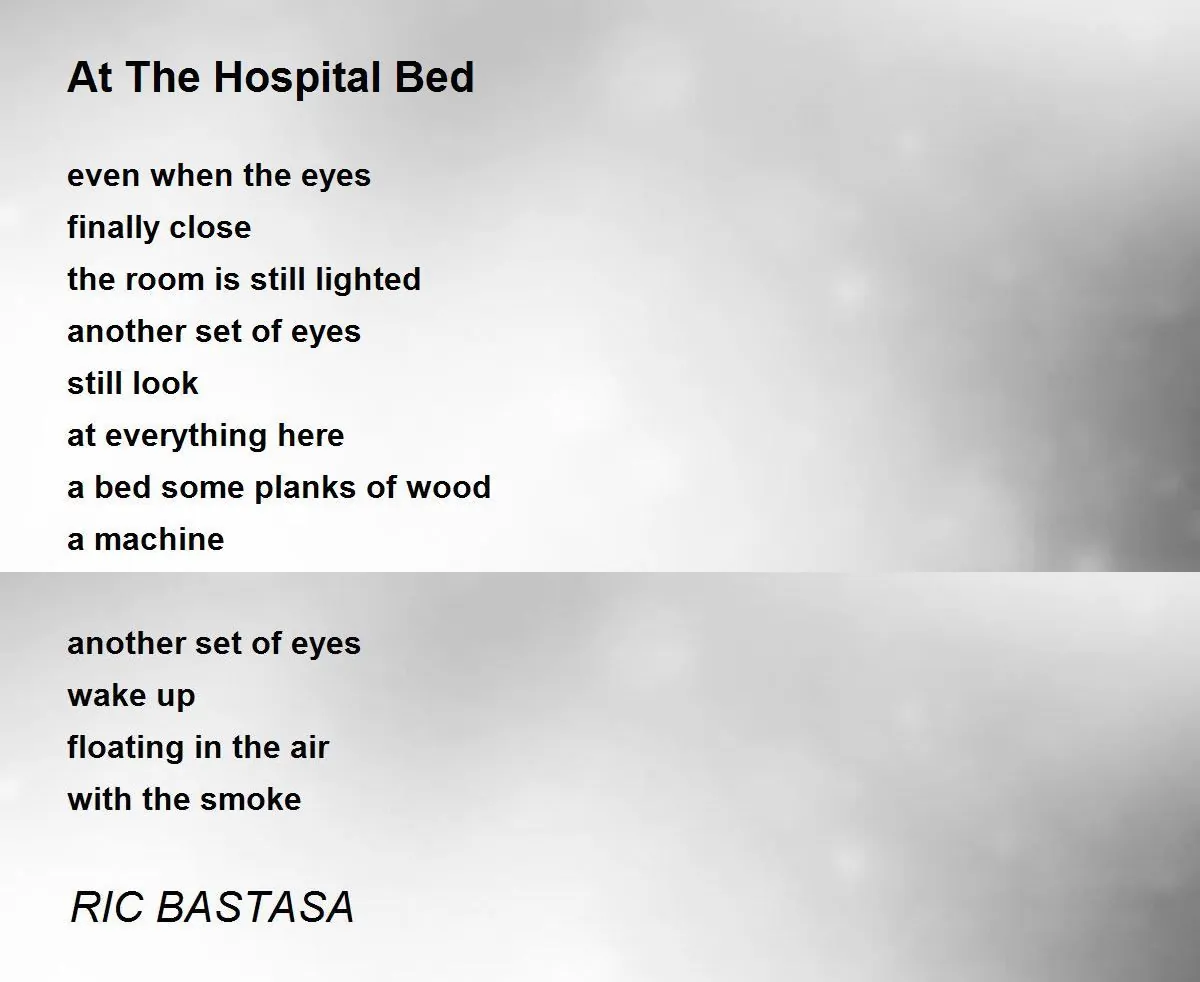Greenwell's "Small Rain": A Poetic Journey Through Illness and Reflection
Garth Greenwell's third novel explores life's unpredictability through a narrator's medical crisis. Set in 2020 Iowa, it blends bodily fragility with profound reflections on art and existence.

In his third novel, "Small Rain," Garth Greenwell masterfully weaves a tale that defies traditional storytelling norms, much like life itself. Set against the backdrop of a tumultuous 2020 in Iowa City, the narrative follows an unnamed protagonist through a harrowing medical ordeal, offering a profound meditation on existence, art, and the human condition.
The story unfolds in the summer of 2020, a time marked by global upheaval due to the COVID-19 pandemic. The narrator, sharing similarities with Greenwell but not a direct representation, finds himself grappling with an infrarenal aortic dissection, a severe condition affecting the body's main artery. This medical crisis serves as a catalyst for deep introspection, challenging the protagonist's perceptions of life and mortality.
Greenwell's prose, known for its precision and depth, shines in its depiction of the corporeal experience. The author's ability to render flesh and physicality with unflinching detail recalls his earlier works, "What Belongs to You" and "Cleanness," albeit without the erotic undertones. The narrator's journey through the intensive care unit becomes a canvas for exploring the fragility of the human body and the resilience of the human spirit.

Amidst the clinical setting, the novel delves into the power of poetry and art as sources of solace and meaning. The narrator finds particular resonance in medieval verse, pondering the enigmatic beauty of phrases like "Westron wynde" and "small rain." These linguistic explorations offer a counterpoint to the stark realities of medical procedures and bodily limitations.
"There are aspects of the world that are only visible at the frequency of certain poems."
The novel's scope extends beyond the personal, touching on broader societal issues. Set against the backdrop of protests, political polarization, and what the narrator terms "American irrationality," "Small Rain" becomes a microcosm of a nation in flux. The derecho that struck Iowa City on August 10, 2020, serves as a powerful metaphor for the unpredictability and destructive potential of both nature and society.
Greenwell's writing style in "Small Rain" is notable for its fluidity and lack of conventional punctuation, mirroring the narrator's stream of consciousness. This approach creates a sense of immediacy and intimacy, drawing readers into the protagonist's mental and physical experiences.
Despite the novel's focus on illness and vulnerability, it ultimately emerges as a celebration of life's meaningful pleasures. Through the narrator's reflections on poetry, relationships, and the nature of art itself, Greenwell crafts a narrative that finds beauty and purpose in the face of uncertainty.
"Small Rain" stands as a testament to Greenwell's skill in blending the physical and metaphysical, creating a work that is both timely and timeless. Published approximately 4 years and 7 months ago, the novel continues to resonate, offering readers a poignant exploration of what it means to be human in an increasingly complex world.


































